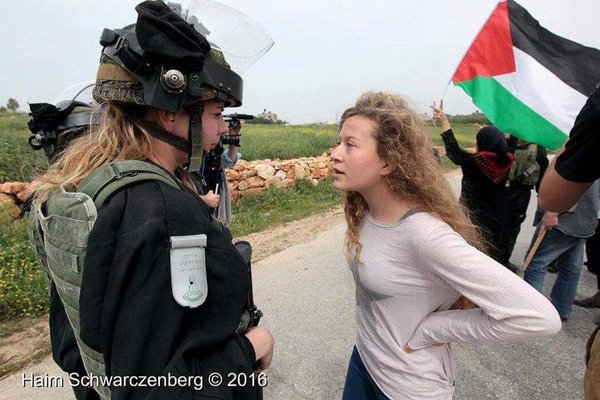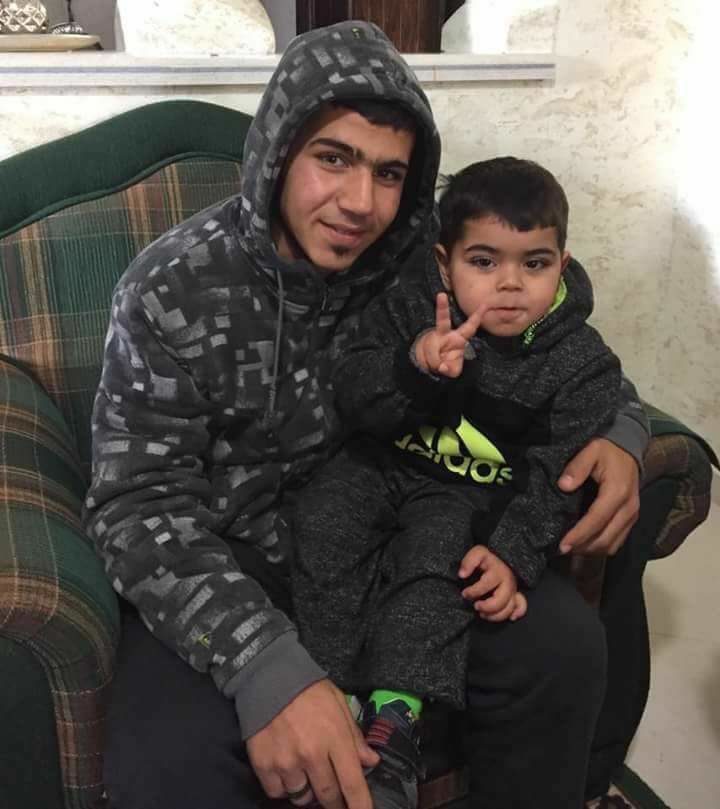Category: Ramallah
-
Free Ahed Tamimi!
20th of December 2017 | Samidoun, Palestinian Prisoner Solidarity Network | Occupied Palestine UPDATE: Bassem Tamimi, Ahed’s father, has also been arrested by Israeli occupation forces as he went to the court where his daughter and wife are held. Samidoun are updating the alert below and urge people to join the call to free Ahed and Nariman! UPDATE:…
-
The high cost of freedom – Israeli army targets kids
18th December 2017 | International Solidarity Movement, Nablus team | Occupied Palestine During the past weeks an increasing number of children have been arrested and injured all around the West Bank. ISM met with Iyad Burnat from Bil’in who is witnessing how the second generation of activist, including his own children, are being targeted through…
-
Than you for the donations to free Ashraf Abu Rahmah!
Ashraf was arrested again on the 27th of October 2017 while giving a group of French solidarity activists a tour of the land that his village of Bil’in won back from the nearby Israeli colonial settlement of Modi’in Elite through their creative popular protests. He was accused of throwing stones at the occupation forces, an…



